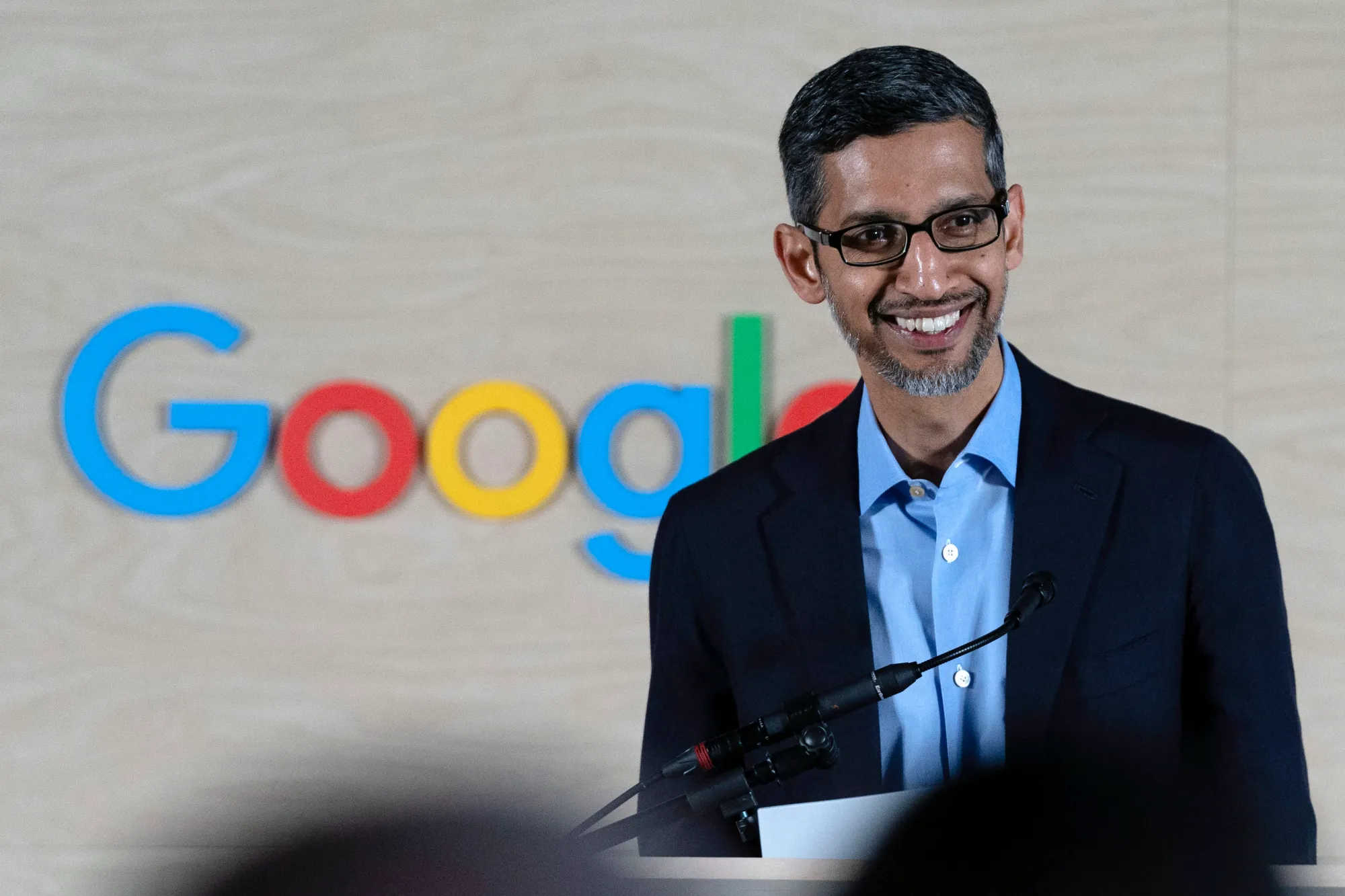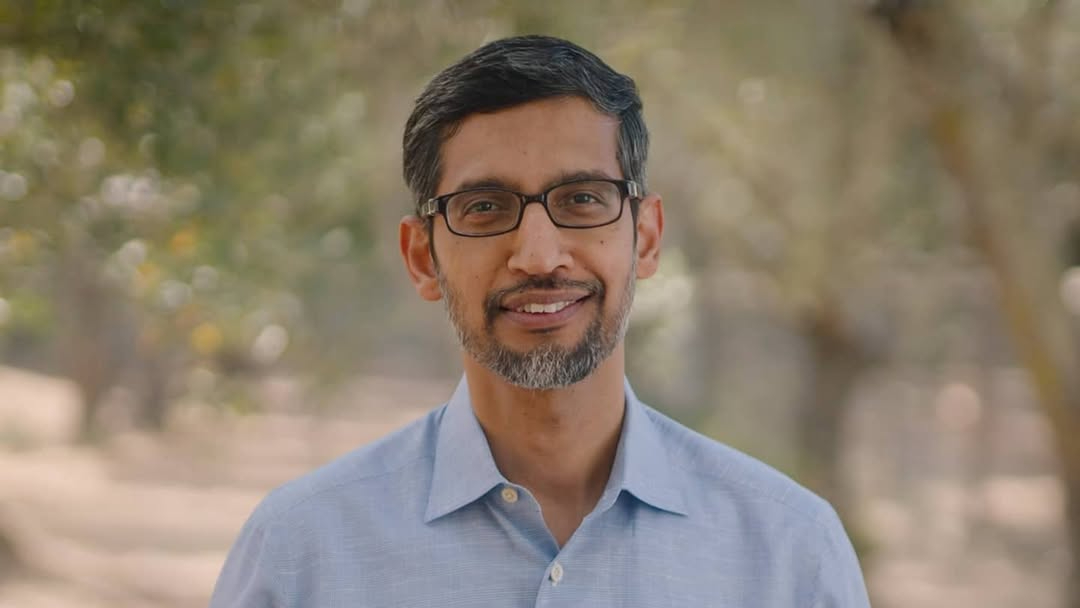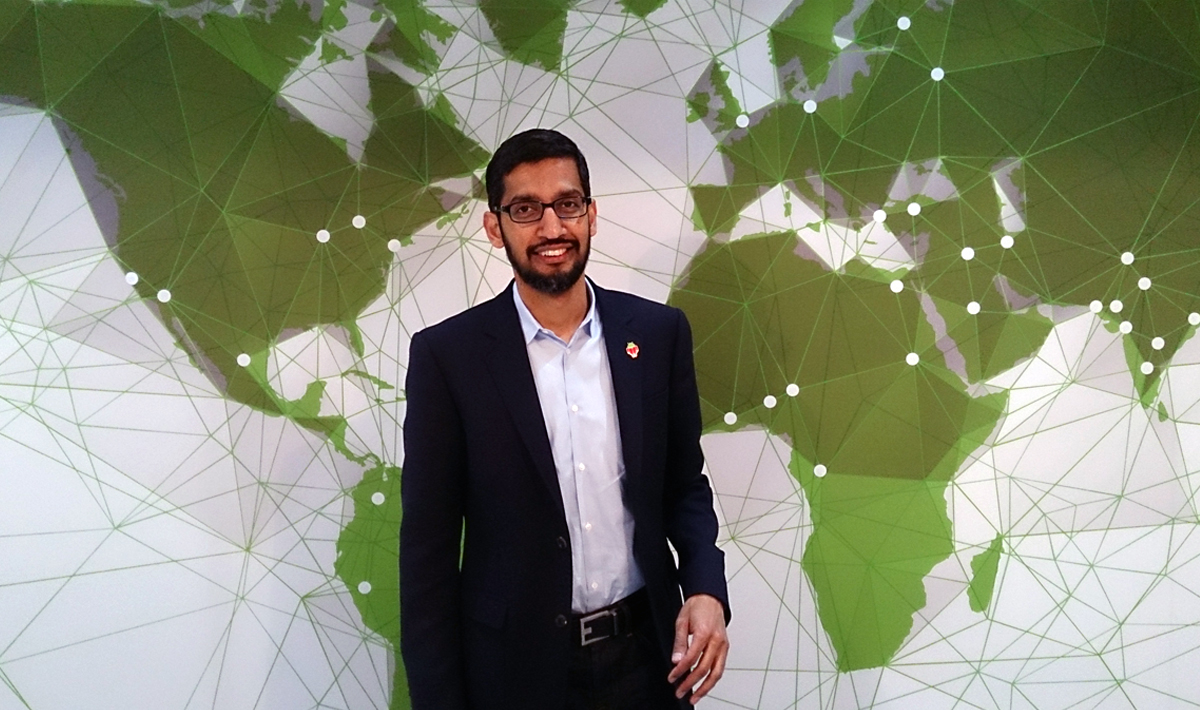The CEO's Secret Stack: The Simple Tools Sundar Pichai Uses to Conquer His Day
In today's hyper-connected world, where distractions are constant and critical decisions are a daily norm, even the most influential tech leaders understand that sheer willpower isn't enough to maintain focus. They leverage strategic tools and habits. Sundar Pichai, the CEO steering both Google and Alphabet, embodies this principle, renowned for his serene clarity and unwavering discipline amidst the immense pressures of leading one of the globe's most powerful companies.
If you've read our detailed look at Sundar Pichai’s Daily Routine, you know he starts his day with intention. But how does he manage productivity throughout the day — across dozens of meetings, major decisions, and global responsibilities? The answer lies not in complex systems, but in simple, well-integrated tools and habits that consistently prioritize focus over chaos.
The CEO's Essential Productivity Stack
What exactly does this system entail? It's a surprisingly lean yet powerful suite of tools, almost entirely within Google's own ecosystem. Pichai's productivity stack, designed for focus and seamless integration, primarily includes Google Calendar for meticulous time-blocking, Google Keep for rapid note capture, and Gmail with Smart Compose for AI-powered communication. For mental clarity, a mindfulness app like Headspace is a likely component, while Google Chat and Spaces facilitate streamlined team collaboration. These aren't just applications; they are foundational elements supporting an executive's strategic mindset.

Sundar Pichai
Google Calendar: Structured Simplicity for Deep Work
Sundar Pichai's use of Google Calendar extends far beyond simple meeting scheduling. He treats it as a strategic weapon, meticulously time-blocking not only his engagements but, crucially, also safeguarding periods for uninterrupted deep work and reflection. This stands in stark contrast to the often relentless back-to-back schedules of many high-level executives. As Pichai himself stated in a 2021 interview with The New York Times, "Time is the most precious commodity. I try to ensure I spend mine where it matters." This disciplined approach to his calendar ensures that critical strategic tasks receive the attention they demand, preventing them from being swallowed by the daily operational noise.
Google Keep: Fast, Flexible Note-Taking on the Go
Many Google executives, including Pichai, gravitate towards Google Keep for capturing ideas, tasks, and reminders with remarkable speed and flexibility. Its clean interface, instant syncing across devices, and seamless integration with other Google tools make it an ideal choice for high-level executives who require agility without any digital friction. For instance, color-coding notes by category—whether for strategy, personal tasks, follow-ups, or sudden insights—can further amplify its utility, transforming a simple note-taking app into a powerful organizational hub.
Headspace or Calm: Cultivating Mental Clarity Amidst Chaos
While Pichai hasn't publicly named a preferred meditation app, he frequently emphasizes the vital need for mental clarity and calm leadership. It's widely understood that many CEOs, including prominent figures like Salesforce's Marc Benioff and Twitter's Jack Dorsey, actively use mindfulness apps such as Headspace or Calm to ground their thinking and enhance focus. As Pichai underscored in a 2019 Bloomberg leadership roundtable, "It’s important to take time to think, to disconnect and really focus. The quality of your thoughts matters more than the volume of your output." Even just ten minutes of stillness each morning can have a profound, compounding effect on one's concentration throughout the entire day.

Gmail + Smart Compose: AI-Powered Communication Efficiency
Managing hundreds of emails daily could quickly consume an executive's precious cognitive bandwidth. This is where Google's own Gmail, paired with its Smart Compose feature, proves indispensable for Pichai. This AI-powered writing assistant doesn't just accelerate drafting replies; it significantly reduces the decision fatigue associated with crafting countless messages. For professionals who, like Pichai, navigate a high volume of correspondence, Gmail's features become essential. Beyond Smart Compose's AI assistance, mastering strategic rules and filters, leveraging keyboard shortcuts, and embracing automation like "Schedule Send" or "Labels" are critical for reclaiming cognitive bandwidth otherwise lost to email management.
Google Chat & Spaces: Real-Time, Outcomes-Driven Collaboration
Instead of navigating long, cluttered email threads that can delay decisions, Pichai and his teams leverage Google Chat and Spaces for efficient, real-time collaboration. Spaces enable teams to neatly organize projects, diligently track progress, and centralize documents, all within a single, easily accessible environment. This dramatically boosts both transparency and the speed of execution. A strategic move for any team is to set up Spaces around specific goals—such as "Q4 Launch Plan"—rather than by department. This approach inherently keeps communication outcomes-driven, ensuring every interaction contributes directly to objectives.
Related: Google’s Wellness Ecosystem: Cultivating Talent Beyond the Tiers
The Bigger Picture: Productivity as a Holistic System
Ultimately, Pichai’s effectiveness isn't merely a function of the specific tools he uses; it's rooted in the profound mindset and disciplined systems underpinning their application. He deliberately carves out and safeguards his mornings for deep, uninterrupted work, a non-negotiable block dedicated to critical thinking rather than reactive tasks. This intentionality extends to his scheduling, where he actively avoids the trap of over-commitment, instead creating crucial mental 'white space' for reflection and strategic thought. His preference for lightweight, seamlessly integrated tools speaks to a desire for efficiency without friction, prioritizing flow over complexity. Fundamentally, Pichai isn't striving for higher output in terms of sheer volume, but rather for superior-quality thinking – a distinction that truly differentiates high-impact leaders. As he once noted in an internal Google town hall,
"There’s value in learning to say no, in giving yourself the mental space to focus on what really matters."
Your Path to CEO-Level Clarity
What small shift will you make to your workflow today to gain more clarity and focus?














